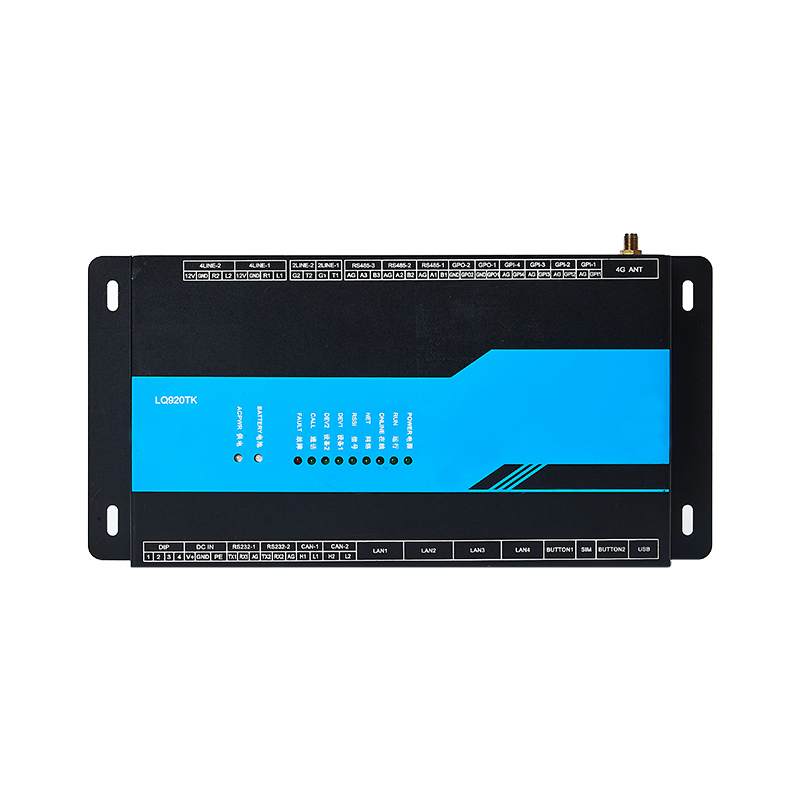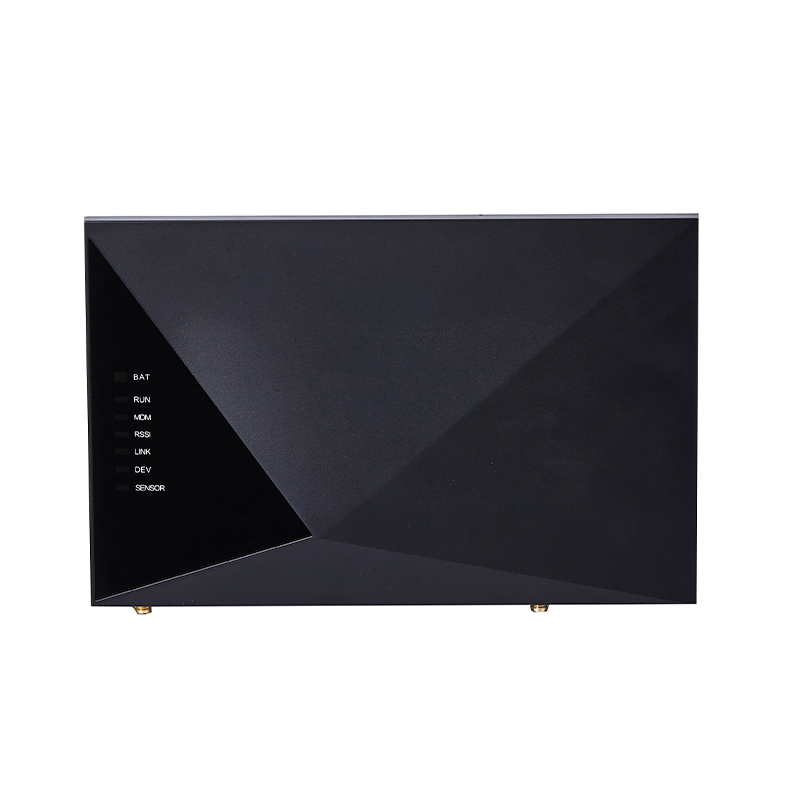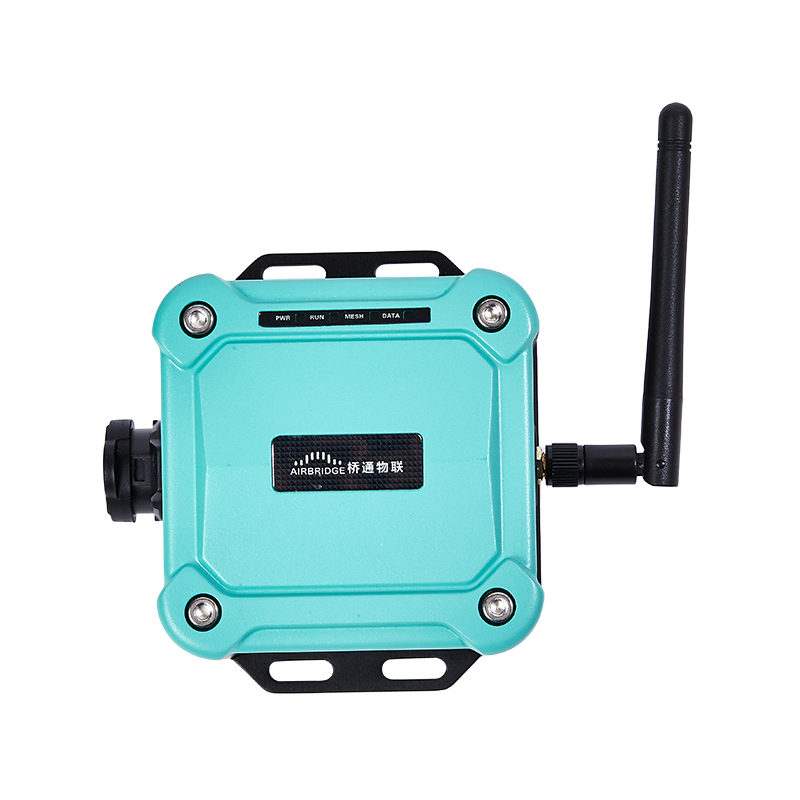How secure is the data transmission of industrial routers? Can it ensure the information security of industrial control systems?
Release Time : 2025-07-23
The data transmission security of industrial routers is first reflected in the application of multiple encryption technologies. It will encrypt the transmitted data layer by layer. From the entire process of sending to receiving the data, even if it is illegally intercepted, it is difficult to crack the content. This encryption method covers all aspects of data transmission. Whether it is the transmission of instructions between devices or the uploading of information collected by sensors, it can be under encryption protection, reducing the risk of information leakage from the source.
Access control mechanism is an important part of ensuring data security. Industrial routers will strictly authenticate devices that attempt to access the network, and only authorized devices can obtain access rights. It can identify the unique identification of the device, distinguish between legitimate devices and illegal intruders, and prevent unauthorized devices from accessing the network to steal or tamper with data. At the same time, administrators can also set different access rights according to actual needs, limit the scope of operation of different devices, and avoid security risks caused by excessive openness of rights.
In terms of the integrity of data transmission, industrial routers also have corresponding safeguards. It can detect whether the data has been tampered with during transmission through specific technical means. Once abnormal changes are found in the data, it will immediately issue a warning and take corresponding measures, such as interrupting the transmission or requiring resending. This monitoring of data integrity ensures that the instructions and information received by the industrial control system are authentic and valid, and avoids equipment misoperation caused by data tampering.
The ability to resist network attacks is an important manifestation of the security of industrial routers. It has certain firewall functions, can identify common network attack patterns, such as malicious code injection, port scanning, etc., and actively intercept these attacks. At the same time, the router system will regularly update security protection strategies to respond to emerging new attack methods, maintain continuous defense capabilities against network threats, and build a solid network security barrier for industrial control systems.
For industrial control systems, the real-time and security of data transmission are equally important. Industrial routers can ensure security without affecting data transmission efficiency. It uses optimized transmission protocols to minimize the impact on transmission speed during encryption and verification, ensuring that key instructions and real-time data can be delivered in a timely manner. This balance allows industrial control systems to operate in a safe environment while maintaining an efficient response speed, meeting the real-time requirements of industrial production.
In terms of dealing with internal security risks, industrial routers also have corresponding designs. It can record the access records and operation behaviors of all devices, forming detailed logs for administrators to review. Once a security incident occurs, the administrator can trace the source of the problem through the log, quickly locate and handle the abnormal situation. This traceability not only helps to investigate after the incident, but also forms certain constraints on internal personnel, reducing the security risks caused by improper internal operations or malicious behavior.
The data transmission security of industrial router can meet the information security requirements of industrial control systems. Multiple encryption technologies, strict access control, data integrity protection, the ability to resist network attacks, and the prevention and control of internal risks together constitute a comprehensive security protection system. It can protect the confidentiality, integrity and availability of data in a complex industrial network environment, ensure the accuracy of command transmission and information storage of industrial control systems, and provide reliable network security for the stable operation of industrial production.







